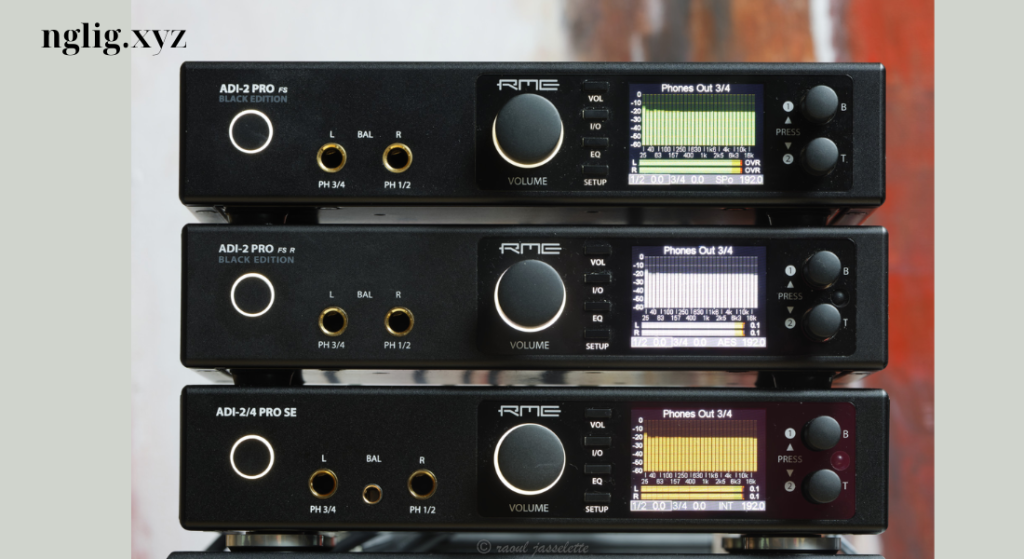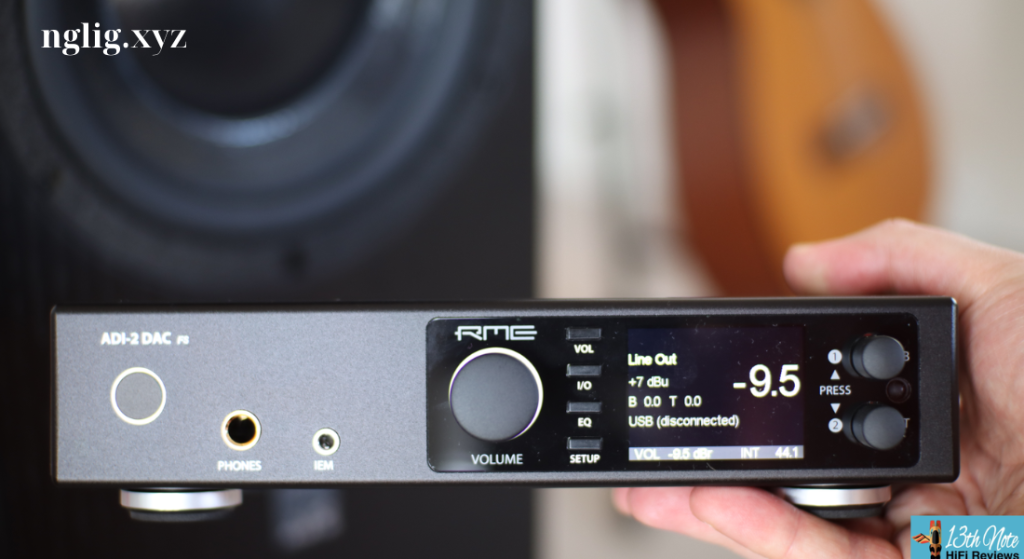Blog
Mastering Precision with Microchip Analog Devices Your Guide to Superior Signal Control
In the world of electronics, Microchip analog devices are fundamental components that enhance signal processing, control systems, and data acquisition. From amplifiers to digital-to-analog converters (DACs), Microchip Technology offers a wide range of high-performance analog devices suited for industries like automotive, healthcare, and industrial automation. Let’s explore the distinct features and benefits of Microchip analog devices and why they’re essential in today’s technology landscape.
Why Microchip Analog Devices Are Essential
Microchip Technology has earned a solid reputation for its range of analog devices, thanks to their precision, versatility, and reliability. Here’s why Microchip analog devices are preferred by engineers and designers around the globe:
- Precision in Signal Processing
One of the most important aspects of analog devices is their ability to handle signal processing accurately. Microchip analog devices excel in signal control, providing clear and accurate signal transmission even in environments with significant noise. This makes them ideal for applications in audio, communications, and sensor technology where signal clarity is critical. - Flexibility Across Applications
Microchip offers a broad portfolio of analog devices designed to meet diverse application needs. Whether it’s analog-to-digital converters (ADCs), operational amplifiers, or temperature sensors, Microchip analog devices provide flexible solutions that can be easily adapted for various use cases. This versatility makes them popular in fields such as medical instrumentation, energy systems, and industrial control. - High Reliability and Stability
Reliability is a crucial factor in selecting analog devices. Microchip analog devices are designed with robust components that maintain their performance under a wide range of environmental conditions. This stability and durability make them the preferred choice for critical applications, where consistency and long-term reliability are essential.
Key Features of Microchip Analog Devices
Microchip analog devices stand out due to several key features that ensure optimal performance and adaptability in various applications:
- Wide Voltage Range Compatibility
Microchip analog devices support a wide range of voltage levels, making them compatible with many different system requirements. This voltage range compatibility is beneficial for applications involving both low and high-power signals, making Microchip devices suitable for everything from consumer electronics to industrial machinery. - Low Noise Operation
Noise reduction is a top priority for analog devices, especially in sensitive applications. Microchip analog devices are designed to minimize noise, ensuring that signals remain clear and undistorted. Low noise levels are especially beneficial for applications in audio systems, medical equipment, and precision measurement tools. - Enhanced Temperature Tolerance
Many analog devices from Microchip feature advanced temperature compensation, which allows them to operate accurately even in extreme temperature environments. This feature is crucial for industries like automotive and aerospace, where devices may be exposed to fluctuating temperatures and need to perform reliably. - Integrated Power Management
Microchip offers analog devices with integrated power management, allowing for efficient power use and reducing overall system energy consumption. This is particularly valuable in portable and battery-powered devices where energy efficiency is key to prolonging battery life.
Popular Types of Microchip Analog Devices
Microchip Technology provides a vast selection of analog devices suited for multiple industries. Here are some of the most popular Microchip analog devices and their key applications:
- Operational Amplifiers (Op-Amps)
Microchip’s line of op-amps is well-known for low offset voltage and high input impedance, making them suitable for sensor applications, signal conditioning, and audio equipment. These op-amps ensure stability and are highly effective in filtering and amplifying weak signals without distortion. - Analog-to-Digital Converters (ADCs)
Microchip ADCs convert analog signals into digital data for precise data analysis. They offer high resolution and fast conversion rates, making them essential in applications like digital signal processing, measurement systems, and data acquisition. - Digital-to-Analog Converters (DACs)
DACs from Microchip convert digital data into analog signals, playing a key role in audio processing, motor control, and industrial automation. Microchip DACs are praised for their accuracy and are designed to deliver consistent analog output for applications that demand high precision. - Temperature Sensors
Microchip’s temperature sensors are known for accuracy and fast response times. These sensors are commonly used in HVAC systems, automotive climate control, and portable electronics to monitor and regulate temperature effectively. - Power Management ICs
Microchip offers power management ICs designed to handle power regulation, conversion, and distribution efficiently. These ICs are valuable in applications such as battery-operated devices, renewable energy systems, and industrial power supplies.
Choosing the Right Microchip Analog Device for Your Project
Selecting the right Microchip analog device depends on specific project requirements. Here are some considerations to help you choose the best analog component for your application:
- Evaluate Signal Requirements
Determine whether your application involves low or high-frequency signals and what level of precision is needed. For applications that involve high-frequency signals, such as communications or audio processing, a low-noise op-amp or a high-speed ADC might be essential. - Consider Power Constraints
For battery-operated or portable devices, power consumption is critical. Microchip offers analog devices with integrated power management and low power consumption options, which help extend battery life without sacrificing performance. - Temperature and Environmental Conditions
Assess the environmental conditions your device will encounter. For applications in extreme temperatures or variable climates, choose analog devices with temperature compensation features for stable performance. - Data Resolution and Accuracy
Depending on the precision your project requires, select an ADC or DAC with the appropriate resolution. Higher resolution converters offer more accurate data processing, which is ideal for applications like scientific instrumentation or medical devices.
Applications of Microchip Analog Devices Across Industries
Microchip analog devices are used widely across industries thanks to their adaptability and reliability. Here’s a look at some of the main application areas:
- Automotive
In the automotive industry, analog devices play a crucial role in monitoring vehicle health, controlling motor functions, and managing power systems. Microchip’s temperature sensors and power management ICs help ensure vehicles run efficiently and safely, even in demanding conditions. - Medical Devices
In healthcare, analog devices are used in equipment like patient monitors, diagnostic machines, and imaging systems. Microchip’s precision ADCs and DACs ensure accurate data capture, which is essential for diagnosis and treatment. - Industrial Automation
Analog devices are key to automation processes, controlling motors, processing signals, and monitoring equipment health. Microchip’s reliable and durable analog devices provide consistency in harsh industrial environments, helping to prevent downtime and increase productivity. - Consumer Electronics
Many consumer devices, from smartphones to home appliances, rely on analog devices for functionalities such as sound processing and power management. Microchip’s analog components ensure smooth operation and enhanced performance in these devices, contributing to a better user experience.
Conclusion: Enhancing Innovation with Microchip Analog Devices
Microchip analog devices offer a robust combination of precision, stability, and versatility, meeting the needs of various industries. By choosing the right analog components, engineers and designers can optimize their applications, whether in medical devices, automotive systems, or consumer electronics. As technology evolves, Microchip analog devices continue to push boundaries, enabling more efficient, reliable, and high-performance solutions.

